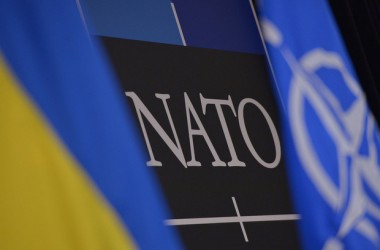NATO has “woken up”: The Alliance is preparing to reform military medicine after the lessons of the war in Ukraine
12 June 20:32
The analysis of the Ukrainian combat experience forced NATO to critically rethink its approaches to military medicine.
The journal Military Medicine has published an analytical article A Call for Comprehensive Reform of Military Medical Planning of NATO and Its Allies Based on Lessons From the Ukraine War, co-authored by Ukrainian anesthesiologist and MD Denys Surkov, "Komersant Ukrainian" reports.
According to experts, the experience of a full-scale war has shown that the current model of medical support for the Alliance is outdated, as it was formed for local conflicts in Afghanistan, Iraq and Kosovo. At that time, the key conditions were air superiority, stable rear areas and evacuation of the wounded within the “golden hour.”
However, in today’s war, the situation has changed dramatically:
- Thefront line is unstable and the rear is under constant attack;
- Evacuation can take a day or more instead of the planned 60 minutes;
- Medics operate in isolation, often without communication, support or logistical guarantees.
In such realities, the “Prolonged Field Care” approach replaces the “golden hour”. The main goal is to stabilize the condition of the wounded without guaranteeing rapid evacuation.
Key points of the proposed reforms:
- Recognize the tactical level (combat medics on the front line) as the center of the medical system;
- Update NATO medical standards (STANAG) in accordance with the conditions of modern warfare;
- Integrate medics into combat planning as full-fledged members of teams;
- Develop new training programs focused on autonomy and decision-making in combat.
Ukrainians are already applying these principles. Surkov’s team has launched a course on medical planning for tactical-level teams that prepares them to work in isolation, lack of resources and time.
“This is not about theory. It’s about how to act when Plan A fails and there are no reserves,” the medic summarizes.
This article is not only about changing standards, but also about a new philosophy of military medicine born in Ukraine and capable of saving thousands of lives in the wars of the future.









